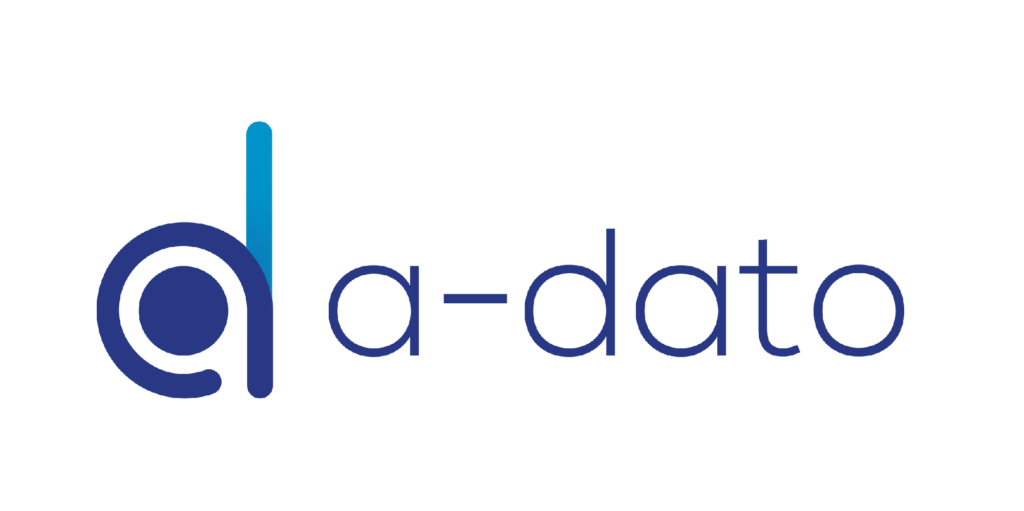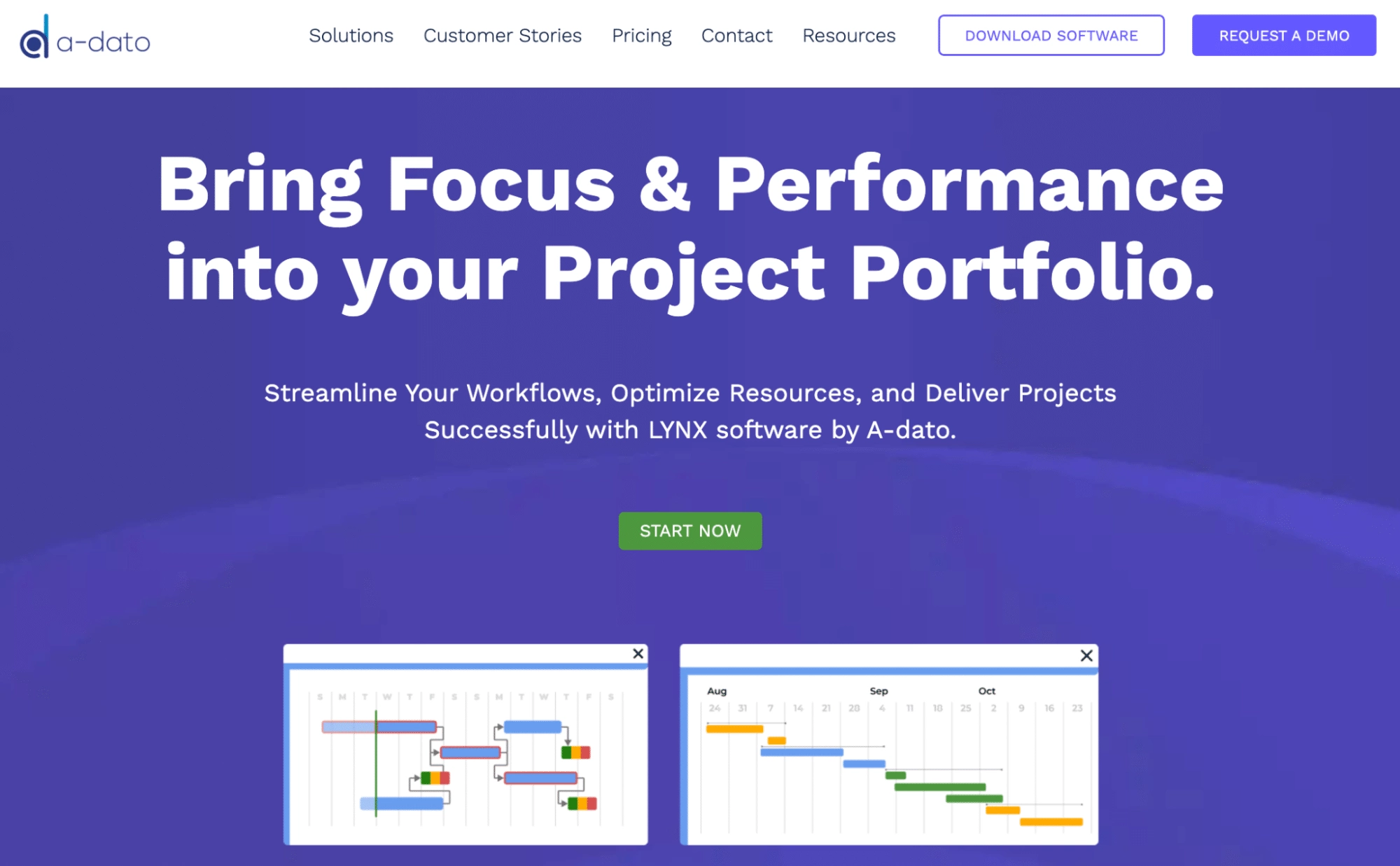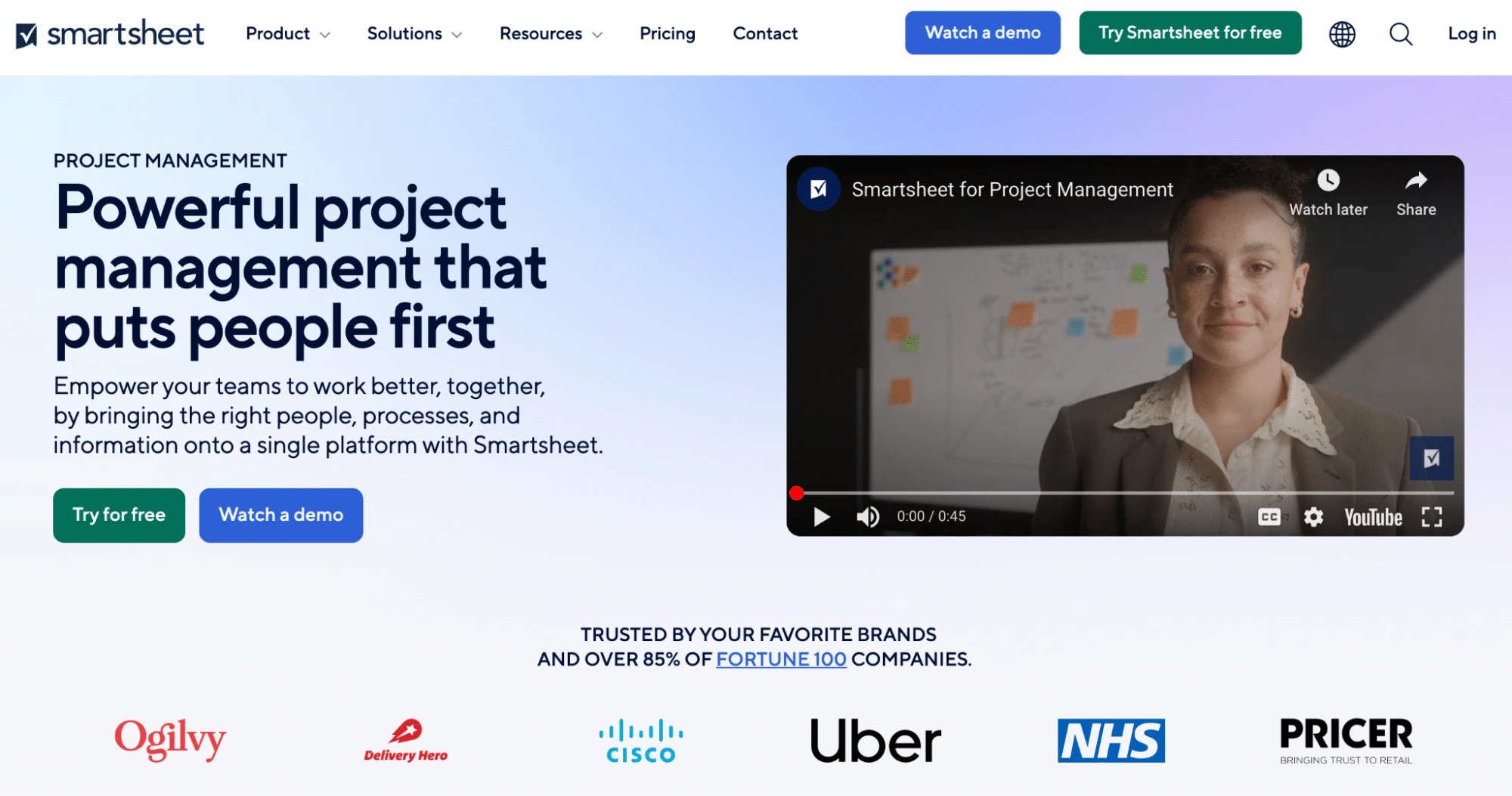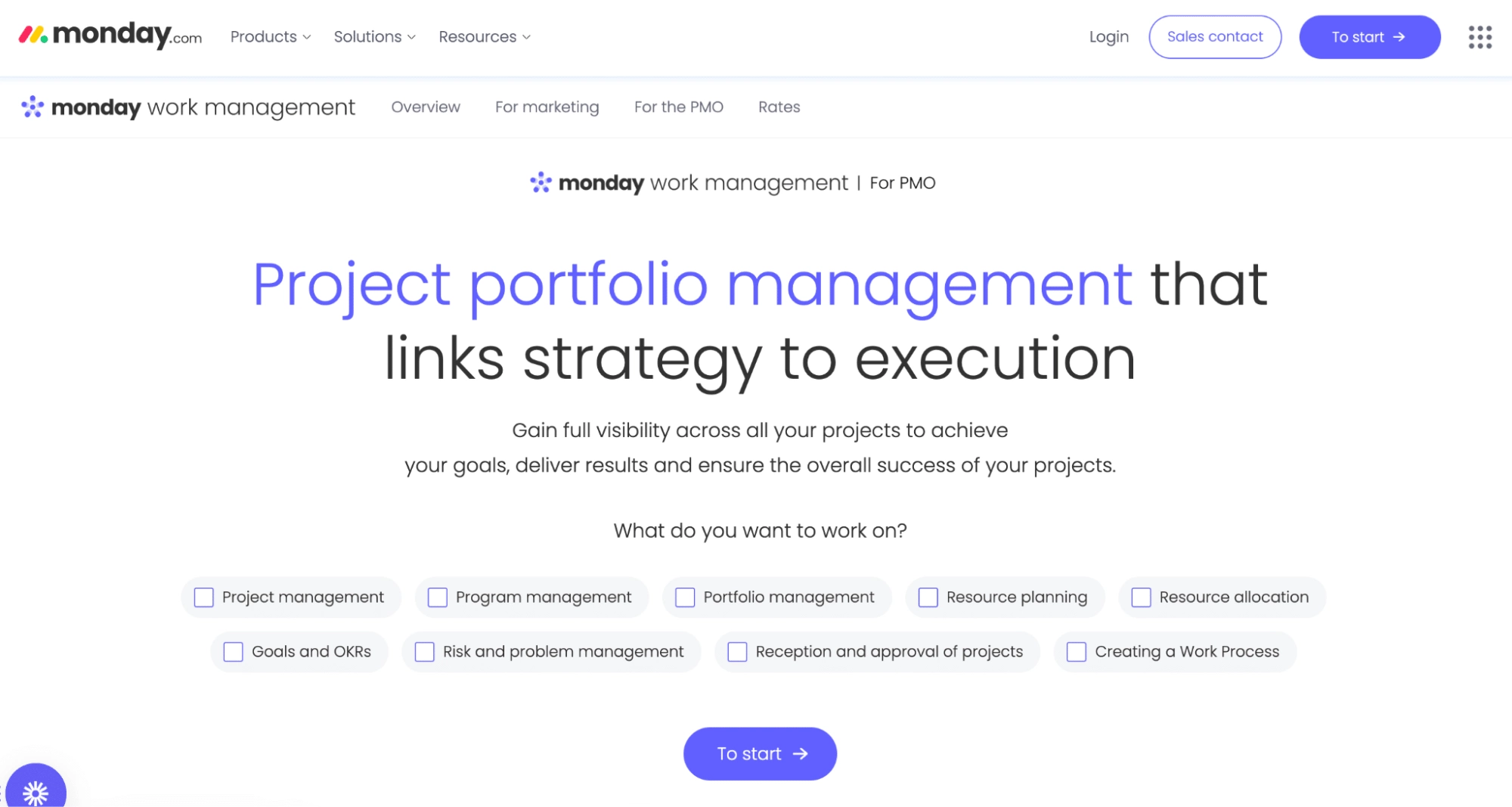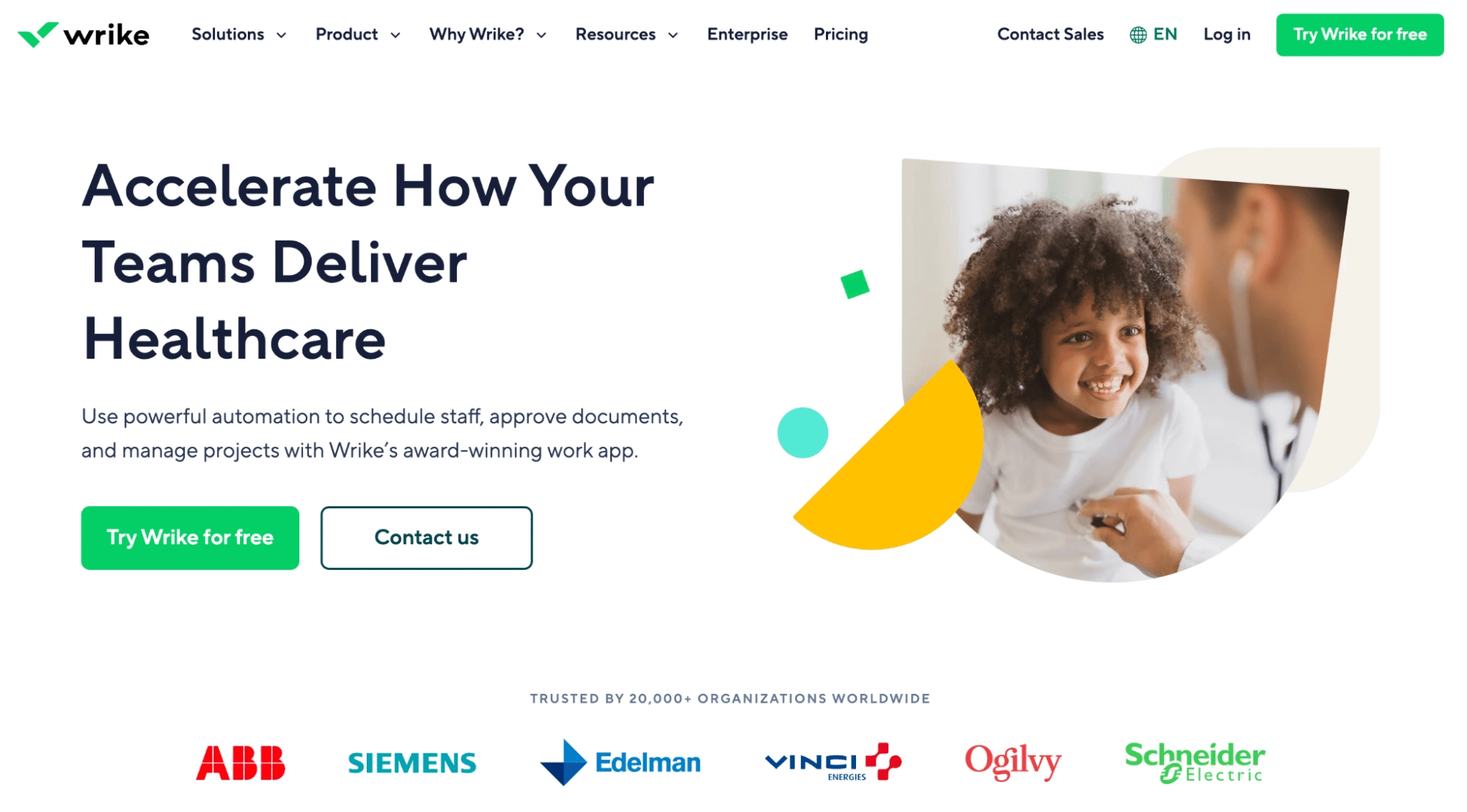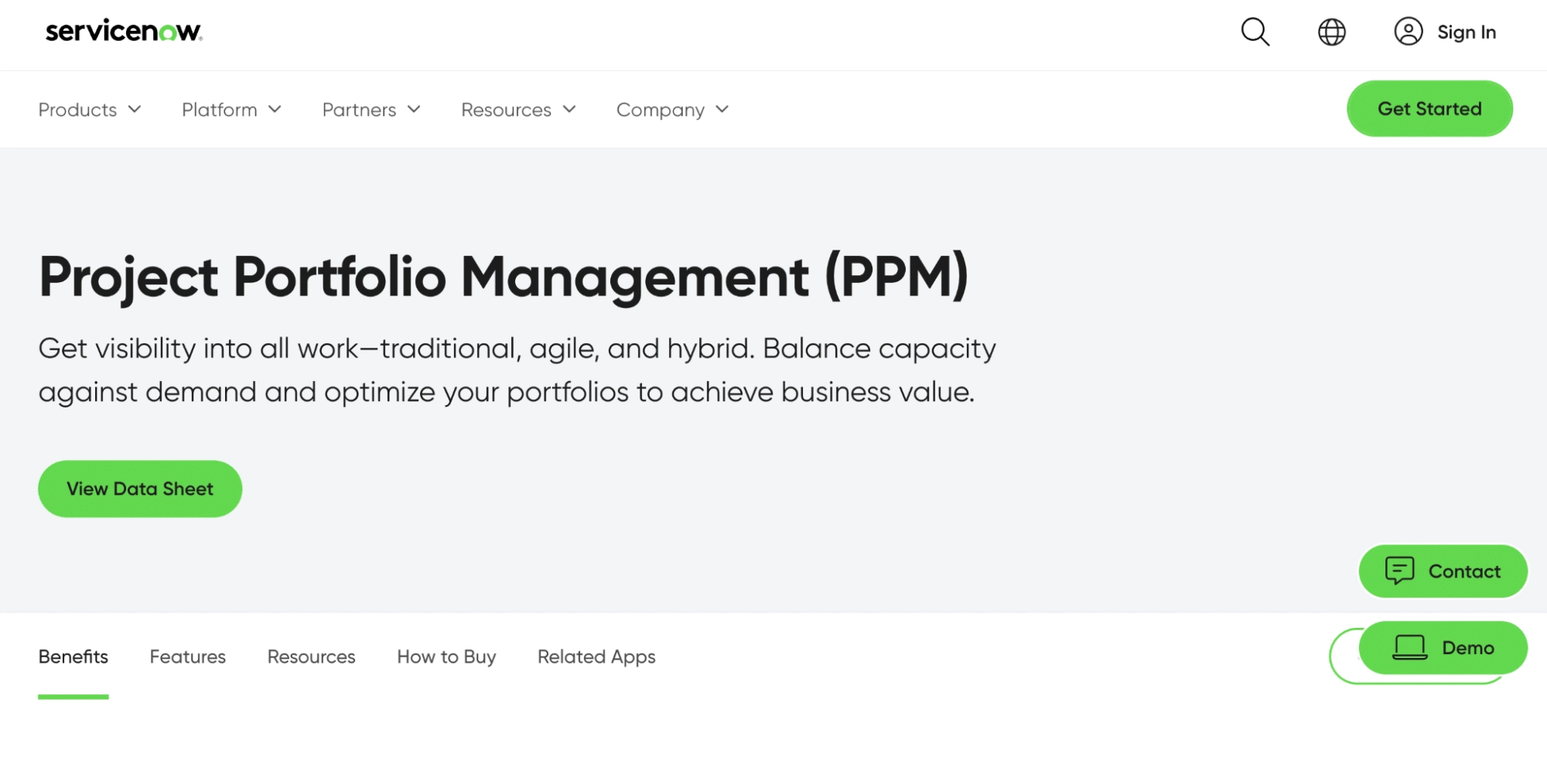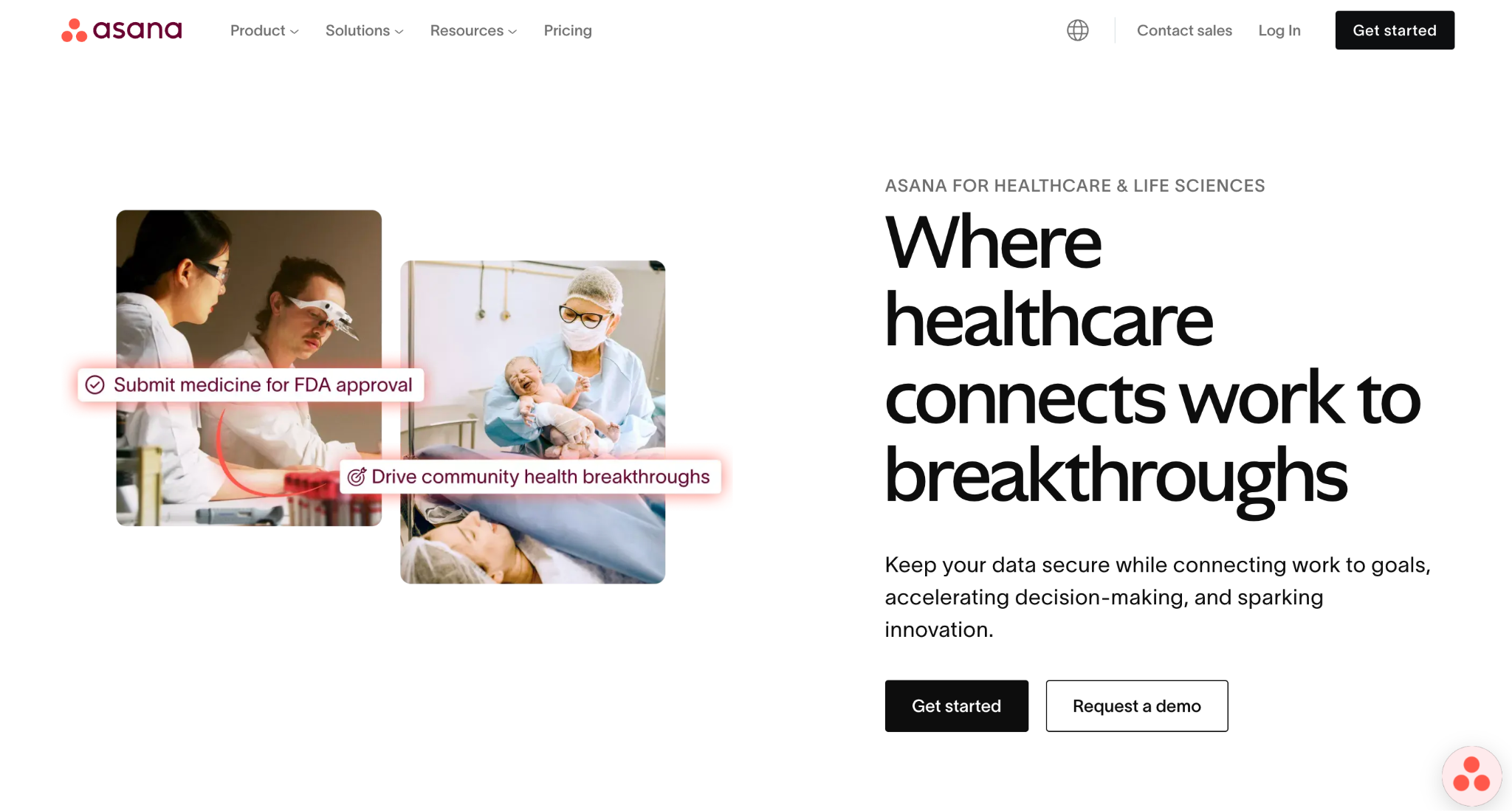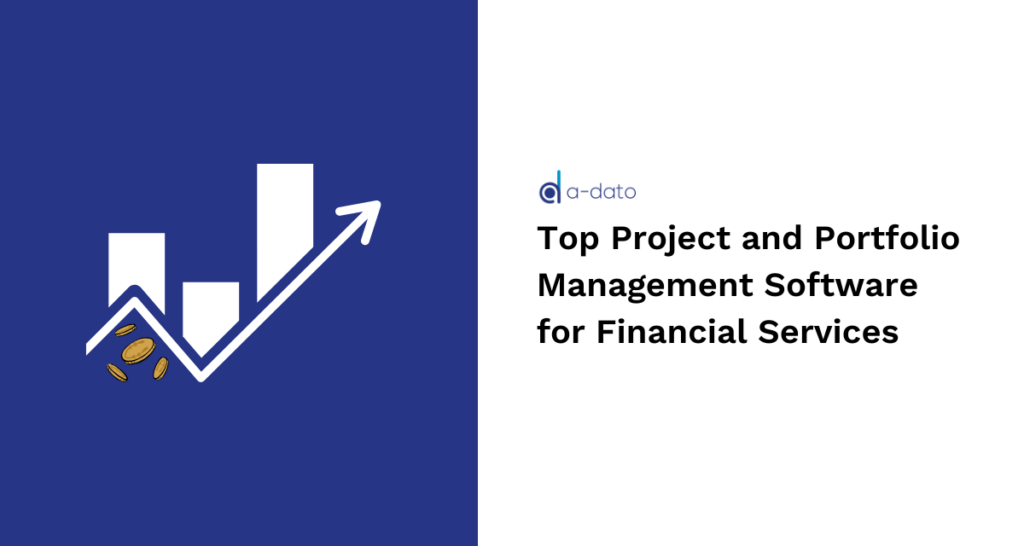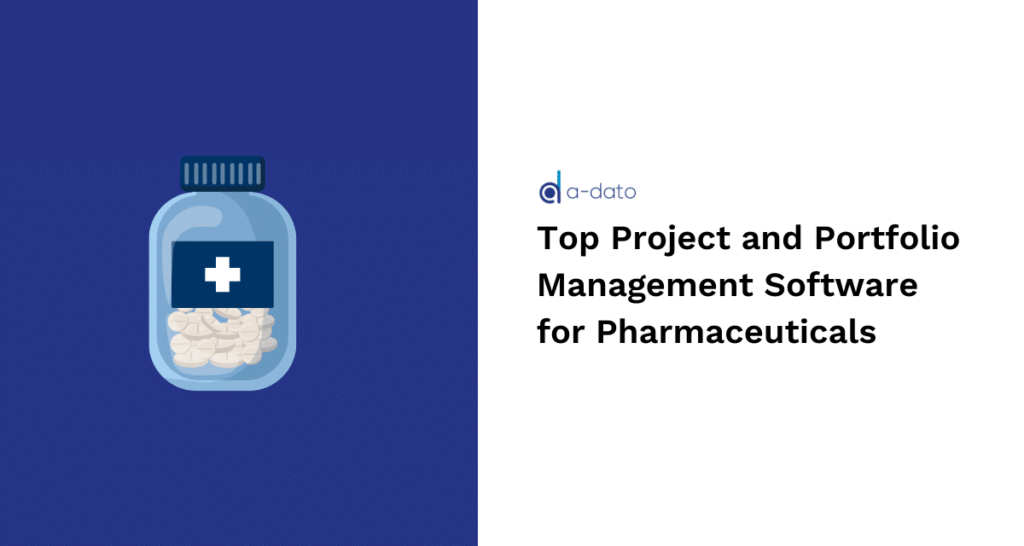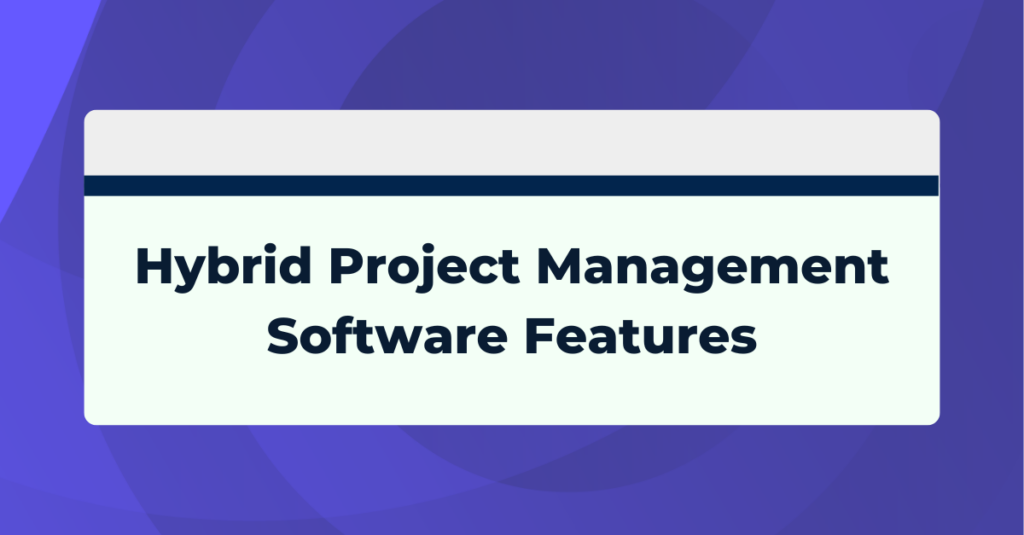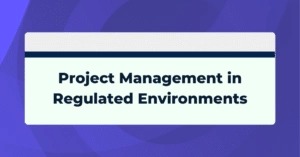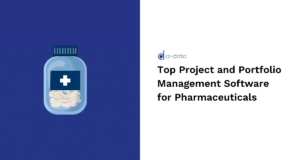Unlike other industries, managing projects in healthcare is a high-stakes balancing act. Hospitals, research teams, and healthcare providers are constantly juggling complex projects. On top of that, they have to navigate strict regulations, keep patient data secure, and make sure cross-functional teams work together seamlessly.
To tackle these challenges, many healthcare organizations use project and portfolio management (PPM) software. And a rising favorite among healthcare PMs is hybrid project management software. It combines traditional methodologies like Agile frameworks to offer better flexibility and control.
But with so many PPM options available, how do you know which is the right fit?
To make your decision easier, this article will cover the top project and portfolio management software for healthcare. These solutions will help you to work smarter, stay compliant, and deliver better results.
Overview: Best Healthcare Project Management Software
In a hurry? Check out this quick comparison of our top picks for the best healthcare PPM software:
| Software | Best for |
|---|---|
| 1. Lynx by A-Dato | Best Overall 🥇 |
| 2. Smartsheet | Healthcare Workflow Automation |
| 3. Monday | Customizable Project Tracking |
| 4. Wrike | Large Healthcare Teams |
| 5. ServiceNow PPM | IT and Compliance Management |
| 6. Asana | Task and Collaboration Management |
| 7. Planview | Strategic Portfolio Management |
How to Choose the Right Hybrid Project Management Software for Healthcare
First things first. Before exploring various healthcare project management solutions, it’s essential to understand the key factors that the ideal solution should offer.
Here are some of the most important features to consider when choosing the right healthcare solution for your needs.
1. Compliance and Security
One of the most important aspects of healthcare is maintaining the security and compliance of patient data. So you must select a tool that meets healthcare industry standards, such as HIPAA, GDPR, and other regional data privacy regulations.
Your ideal healthcare project management software should also offer strong security features like built-in encryption and user-specific roles. These measures protect sensitive patient information and limit access and modifications to authorized personnel only.
2. Integration
Your healthcare project management software will not be beneficial if it doesn’t integrate well with other tools. Make sure you choose a tool that connects smoothly with popular platforms like MS Project, JIRA, MIRO, and Azure. This way, you can easily work with the tools your team is already using. This makes collaboration easier and helps everyone stay on the same page. Plus, it gives you a clearer, more complete view of project progress and performance.
3. Collaboration and Communication
You’re collaborating with a wide range of stakeholders like healthcare providers to back-office staff. Select project management software that includes built-in collaboration features like real-time messaging, task management, file sharing, and notifications. This is especially important in a healthcare setting where teams are often spread across different departments, locations, or even time zones.
4. Ease of Use
The complexity of healthcare projects doesn’t have to translate into a steep learning curve for your team.
It’s essential to choose project management software that is intuitive and user-friendly. Software that’s difficult to navigate will lead to slow adoption, frustration, and potential mistakes. The platform should feature an easy-to-use interface with clear navigation, simple task management, and accessible dashboards.
5. Resource Management
Juggling staff, equipment, and space in healthcare is no small task. Your project management software should help you allocate resources efficiently so nothing gets overbooked or wasted.
For example:
A solid scheduling feature can check if doctors, nurses, and hospital rooms are available when needed. It keeps patient care running smoothly without unnecessary delays.
6. Scalability and Customization
No two healthcare projects are the same. Your project management software should be flexible enough to adapt to your specific needs. Look for a tool that lets you customize workflows, dashboards, reports, and task structures to match the way your team works.
For instance, custom views and Kanban boards allow teams to organize tasks in a way that fits their methodology, whether it’s a structured step-by-step process or a more dynamic workflow.
Scalability is also important. As your healthcare organization grows, so will your project management needs. Therefore, the software you choose must be scalable, meaning it can grow with your organization. It should be able to handle more projects, larger teams, and increasingly complex workflows without compromising performance.
7. Cost and ROI
At the end of the day, cost is a big deal when picking project management software. When evaluating project management tools, consider not only the initial purchase cost but also the long-term value.
Ask yourself: Does this tool help save time by automating tasks? Does it improve resource allocation or reduce project delays?
A good tool should pay for itself by saving time, improving teamwork, and keeping things running smoothly. If it helps your team work smarter, not harder — it’s worth the investment.
➡️For more information, check out our guide to Choosing the Right CCPM Software.
7 Best Hybrid Project Management Tools for Healthcare
1. Lynx by A-Dato
Lynx by A-Dato is hands down the best hybrid project management software designed for the complex needs of healthcare organizations.
Unlike traditional PPM tools that stick to rigid timelines, Lynx dynamically adjusts based on real-time project conditions. This means that if a hospital IT upgrade faces software delays or a clinical trial experiences supply chain disruptions, Lynx helps teams course-correct quickly.
But that’s not all.
Lynx also supports multiple project management methodologies, including Critical Chain, Critical Path, Agile, Scrum, and Kanban. This allows healthcare teams to integrate the best approach for their specific projects.
You can even track your project history for audits, regulatory reporting, and quality control. And when you’re juggling multiple hospital departments, Lynx gives you the clarity, flexibility, and control to keep everything on track.
Key Features:
- Flexible Project Management Methods: Supports Critical Chain, Critical Path, Agile, Scrum, and Kanban to optimize workflows.
- Advanced Project Planning and Scheduling: Create project networks, adjust schedules dynamically, and test strategies with scenario planning.
- Comprehensive Buffer Management: Auto-adjust buffers to protect timelines, manage risks, and recover from delays.
- Workload and Resource Optimization: ISA95-compliant resource management, skill-based allocations, and real-time capacity tracking.
- Agile Execution with Kanban and Taskboards: Visual tracking, backlog prioritization, and WIP (Work in Progress) control.
- Multi-Project Oversight and Portfolio Management: Prioritize projects, manage resources, and track progress with fever charts and milestone monitoring.
- Data-Driven Decision Support and Reporting: Financial tracking, budget monitoring, and automatic report generation for compliance.
- Seamless Integrations: Connect with JIRA, Microsoft Project, SharePoint, and other enterprise tools.
Pricing: Lynx offers a free Starter Edition. Paid plans start at €39 per month.
2. Smartsheet
Smartsheet is also a flexible project management tool designed to automate workflows and streamline operations. It has pre-built templates that allow healthcare teams to track projects and manage resources efficiently.
Most importantly, it has automation features that reduce manual work and improve efficiency in clinical trial management, hospital construction projects, and medical equipment procurement. While Smartsheet offers several good features, people who are new to project management tools find the features hard to understand.
Key Features:
- Pre-built healthcare workflow templates
- Automated alerts and approvals
- HIPAA-compliant data handling
- Real-time dashboards
- Integrations with Microsoft Office, Google Workspace, and healthcare IT systems
Pricing: Starts at €8 per month (per user).
3. Monday
Monday is effective for managing basic tasks and team collaboration. Its simplicity makes it appealing to users who prefer the Agile methodology or require cross-departmental collaboration. The platform is quick to set up, and its visually intuitive interface helps teams stay organized. However, it may not be as suitable for more complex projects that require specialized tools or deeper customization.
Key Features:
- User-friendly and visually intuitive
- Quicker to set up
- Pre-built project templates
- Task automation to reduce manual work
- HIPAA compliant
Pricing: The free plan includes two members and limited boards. Paid plans start at €9 per month (per user).
4. Wrike
Wrike is best for large-scale healthcare organizations that handle complex projects and require close collaboration between various teams. It offers strong collaboration and document approval features. Additionally, this tool supports compliance with industry standards by offering audit trails and real-time reporting.
Key Features:
- Gantt charts and workload tracking
- Role-based access controls
- AI-powered risk prediction
- Integration with major healthcare IT systems
- Reporting and document approval workflows
Pricing: Includes free plan. Paid plan starts at $10 per month (per user).
5. ServiceNow PPM
ServiceNow PPM is a scalable solution used for managing IT projects, regulatory compliance, and risk assessment in healthcare.
It’s handy for hospitals that need to track various IT and operational projects while maintaining compliance with strict regulatory standards. And with real-time analytics and automated workflows, ServiceNow helps with tasks like EHR upgrades, cybersecurity initiatives, and medical device implementations.
Key Features:
- IT service management (ITSM) integration
- Automated risk tracking
- Portfolio-wide visibility
- Workflow automation
- Audit-ready reporting
Pricing: Pricing is not available publicly. You have to reach out to them for a quote.
6. Asana
Asana is known for its user-friendly task and project management capabilities, making it an excellent choice for healthcare administrators and small-to-medium-sized medical facilities. Its flexible project boards, task dependencies, and built-in communication tools help healthcare teams stay aligned and productive.
However, this tool may fall short of more complex timelines and lacks extensive customization options by default. Instead, it focuses on a streamlined, easy-to-understand structure that prioritizes team collaboration over deep customization.
Key Features:
- Drag-and-drop task organization for easy workflow management
- Built-in communication tools
- Deadline tracking and reminders
- Custom templates for healthcare project workflows
Pricing: Paid plan starts at €10.99 per user (billed annually). €13.49 billed if billed monthly.
7. Planview
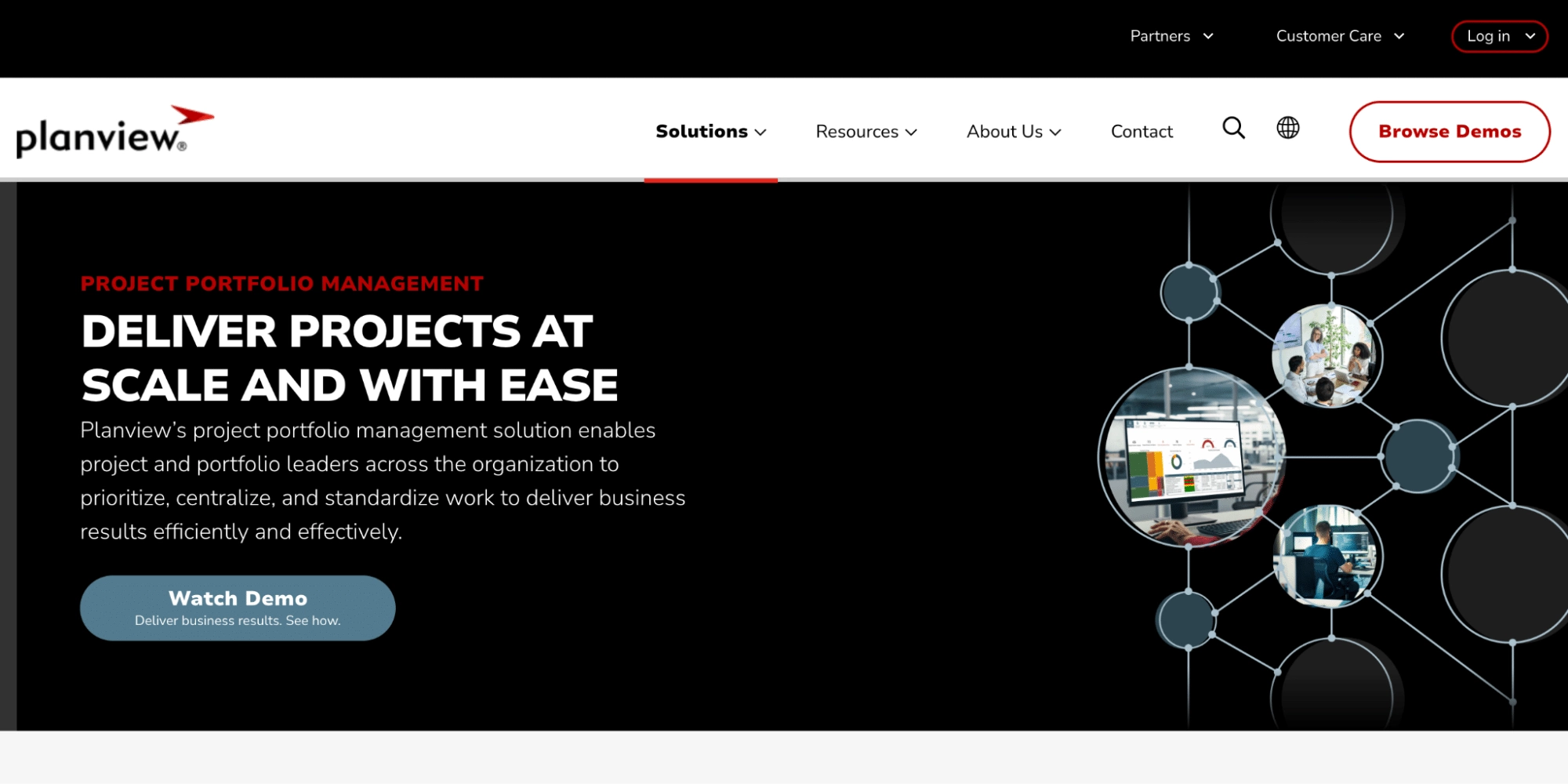
Planview is also a high-end project and portfolio management solution designed for large-scale healthcare enterprises. It helps hospital networks and medical research institutions align their project investments with strategic business objectives.
Planview provides deep insights into resource allocation, budget tracking, and project prioritization. All this helps healthcare organizations to invest in the right initiatives while maintaining financial control.
Key Features:
- Enterprise-wide visibility into project portfolios
- Advanced resource planning
- Financial and budget tracking
- Compliance and risk management tools
- Customizable reporting dashboards
Pricing: Lack of transparent pricing details on the website. You need to contact them for a quote.
Choosing the Right Hybrid Project Management Software for Healthcare
And that was it!
Choosing the right healthcare project management software is crucial for improving efficiency and promoting team collaboration. And with a variety of options highlighted above, you must consider factors like scalability, ease of use, and specific features tailored to the healthcare industry.
Lynx offers flexible pricing and strong features designed to streamline complex healthcare workflows. It’s the all-in-one hybrid project management tool your team needs to thrive.
Ready to take your healthcare project management to the next level? Schedule a demo today and see how Lynx can help you streamline your processes and drive success!
